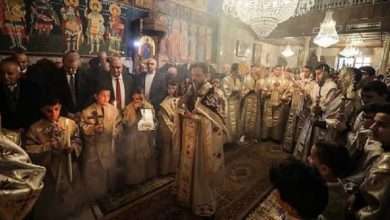
Vietnam’s President Tran Dai Quang, a former police chief known as a tough politician and committed communist with little tolerance for dissent, died Friday at age 61 after a serious illness, state media reported.
His death is not likely to dramatically alter politics in a country where the powerful communist government oversees almost every facet of society – although the death of a sitting leader is rare.
Coverage on state media was sombre Friday, with a Vietnam Television anchor in dark clothing announcing the news of the leader’s death, first reported by the official Vietnam News Agency.
A member of Quang’s staff confirmed his death to AFP.
According to a post by AFP, it wrote:
The president had sought treatment in Japan for over a year before he was checked into hospital on Thursday afternoon after contracting a “rare virus”, Nguyen Quoc Trieu, in charge of the healthcare committee for top leaders, said in state media.
In office as president since April 2016 after more than four decades at the powerful Ministry of Public Security (MPS), Quang had a reputation as a hardliner.
Though he held one of the country’s top four positions and was officially the head of state, his role was seen as largely ceremonial, greeting visiting leaders and hosting diplomatic events in a bid to boost Vietnam’s profile on the world stage.
Quang, also a politburo member, had appeared thin and pale in public in recent months and was unstable on his feet last week when he hosted a welcoming ceremony for Indonesian President Joko Widodo in Hanoi.
His last public appearance was just two days ago at a meeting with visiting Chinese politicians and foreign dignitaries.
Public profile
His death is not likely to shake up politics in the one-party state, which prides itself on stable, consensus-based leadership and where the dramas that are rumoured to play out in the corridors of power are rarely aired publicly.
“It will not lead to any ruffles in leadership or any tensions,” Vietnam expert Carl Thayer told AFP Friday.
Born October 12, 1956 in northern Ninh Binh province, Quang joined the police academy as a young man and went on to study at the College of Foreign Language in Hanoi. He has been a communist party member since 1980.
He joined the security ministry in 1975 and steadily climbed the ranks of the shadowy yet powerful institution, which heads up the country’s secret police and intelligence.
Despite his reputation as an influential politician, Quang often appeared uncomfortable in the public eye and lacked the charisma of his peers in the party’s upper echelons.
In an interview with AFP in 2016, Quang read from a prepared statement and was quickly escorted out by staff when questions went off-script.






